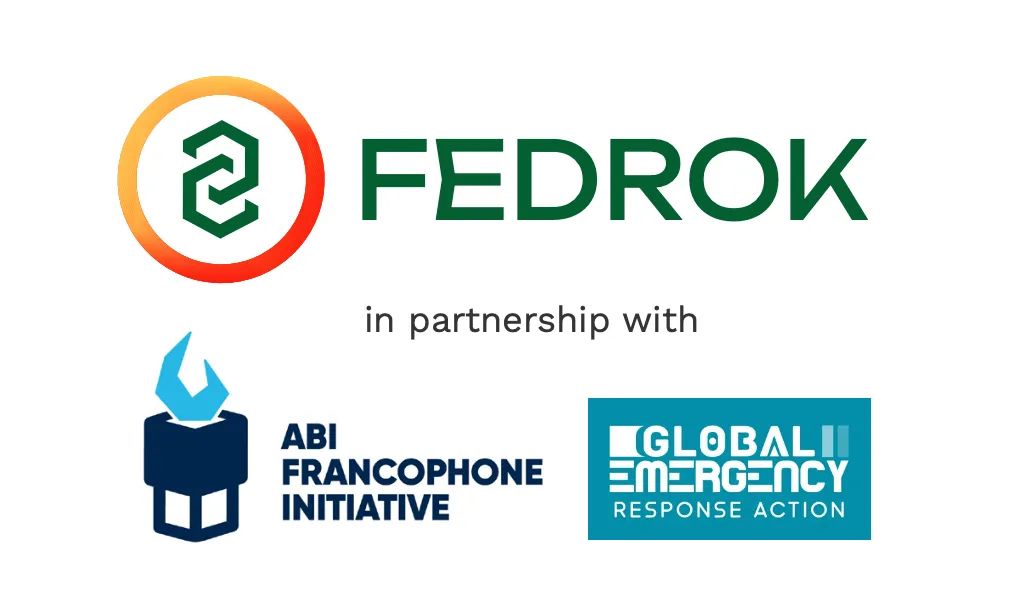In a move to combat systemic underfunding of African developer talent, Swiss blockchain firm Fedrok AG is awarding a $20,000 developer grant to support the creation of a micro-transaction platform built on its proprietary blockchain. The platform’s goal: to serve financially excluded populations in Chad and Niger, two of the least banked countries in the world.
Why Local Developers Matter
African developer talent is rising, with thousands of young, tech-savvy individuals entering the field each year, yet they remain underfunded due to structural challenges like infrastructure gaps, capital scarcity, and global bias. Fedrok’s investment directly addresses this by funding a Minimum Viable Product (MVP) for a peer-to-peer payment system designed by African teams, for African contexts.
Local talent has already transformed fintech across the continent. In Kenya, M-Pesa revolutionized mobile payments, in Nigeria, Flutterwave simplified cross-border commerce. Fedrok’s grant hopes to spark similar innovation in French-speaking Africa, where digital infrastructure is rapidly expanding, yet access remains uneven.
The grant program is part of a broader strategy to stimulate contextual, mobile-first, low-bandwidth, financial tools where trust and usability matter more than crypto hype.
Why Chad and Niger?
Fedrok’s grant is a direct investment in African developers, with real potential to deliver utility in Chad and Niger, which are two of the world’s least financially included markets. With poverty rates at 44.8% and 41.4% respectively (World Bank data), both countries represent urgent use cases for lightweight digital financial tools. Most citizens rely on cash economies, and banking penetration remains below 10%. A mobile-based blockchain wallet offers potential to leapfrog traditional infrastructure and provide transparent, low-fee financial access.
The Tech Behind the Grant: Fedrok’s Blockchain
The MVP will be deployed on Fedrok’s EVM-compatible Layer 1 blockchain, which uses the company’s unique Proof of Green (PoG) consensus mechanism. Unlike energy-intensive Proof of Work models, PoG rewards blockchain activity powered by verifiable renewable energy. It’s part of Fedrok’s mission to make carbon-aware applications the default, not the exception.
The resulting MVP will include:
- Basic wallet functions
- Identity verification
- Multi-language support (including French)
- Optimization for low-bandwidth environments like rural Chad or Niger
Eligibility and Application
Fedrok’s grant is open to developers or development teams based in Africa, with demonstrable experience in blockchain or fintech development. Proposals must show cultural fluency with local needs and constraints.
Applications are due by June 1, 2025, and will be reviewed on criteria such as:
- Technical feasibility
- Relevance to local use cases
- Scalability
- Budget alignment
Submissions should be sent to grants@fedrok.com with the subject line:
“MVP Micro-Transaction Platform Proposal – [Your Team Name]”.
For direct updates from the Fedrok team and community discussion, see the official LinkedIn call for proposals.
A Broader Vision: Financial and Environmental Impact
This initiative aligns with Fedrok’s larger mission: to build climate-aligned blockchain infrastructure that also promotes economic inclusion. The company recently earned ISO 9001 and ISO 14001 certifications, underlining its commitment to quality management and environmental sustainability.
Fedrok is already live with projects like T4G Pay in Papua New Guinea, where a Fedrok-powered payment ecosystem shares revenue from tokenized carbon credits with local landowners. T4G Token (TGT), a stablecoin backed by PNG’s carbon reserves, is integrated directly with rural mobile wallets.
The African MVP may become the next proof point for Fedrok’s model: build real-world solutions first, tokenize value second.



































